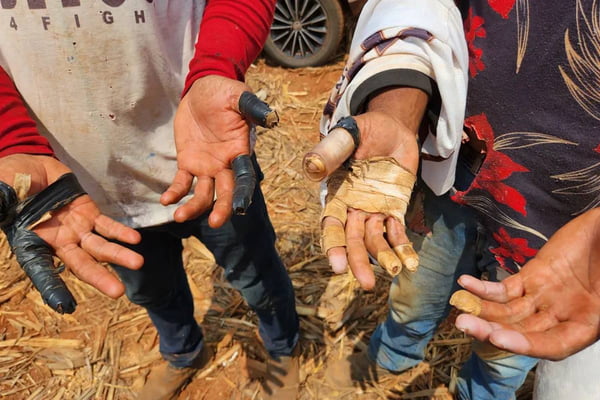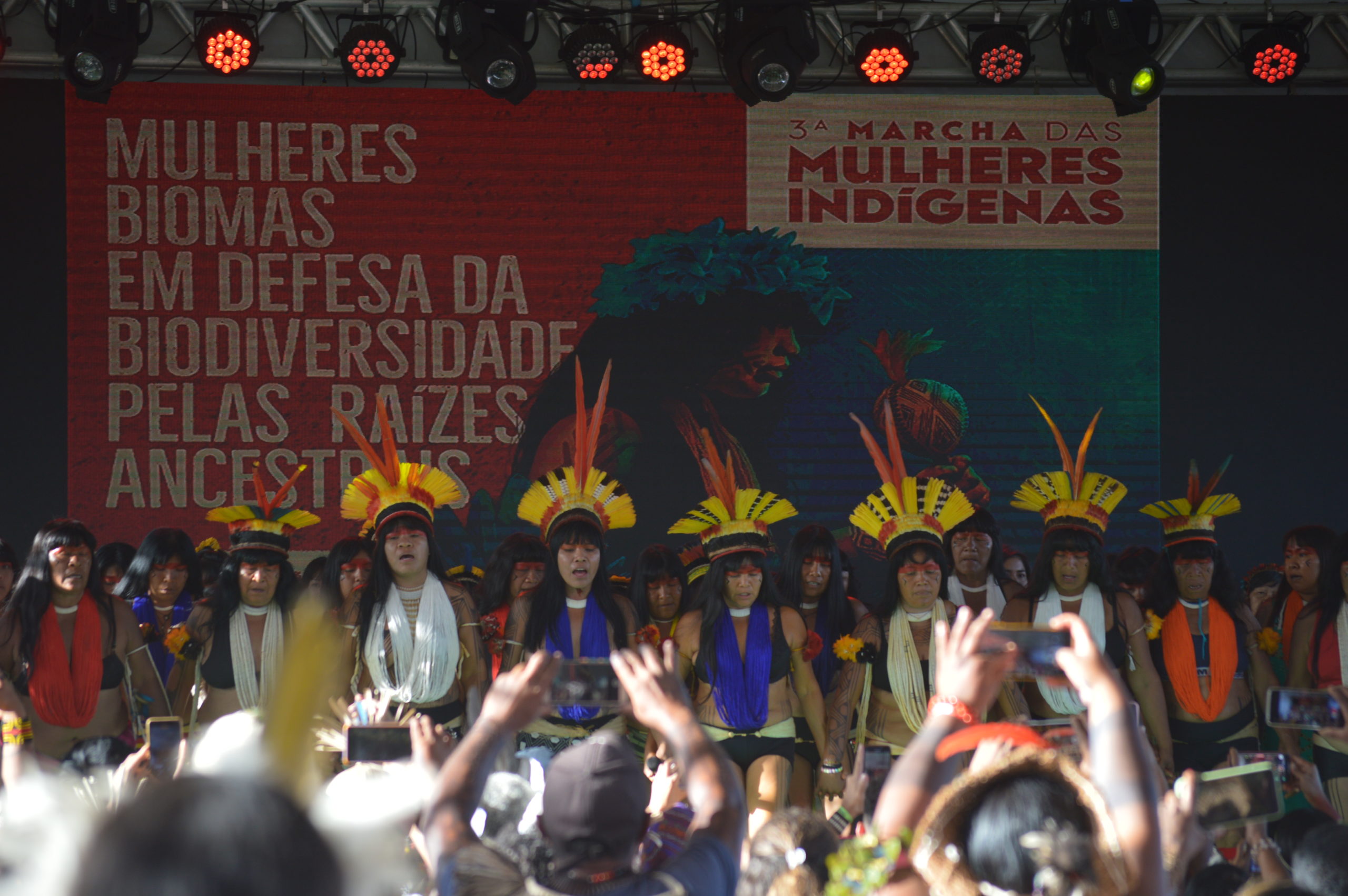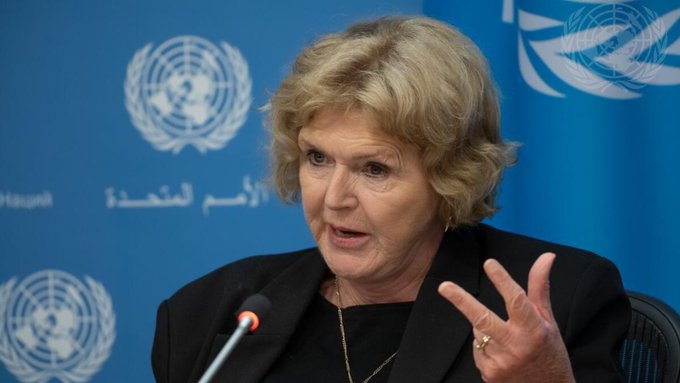Venezuela :: Right to health at risk
Access to medicines is the subject of a public hearing in the IACHR
The crisis in Venezuela and the resulting shortages of medicines will be the topic of a public hearing in the IACHR (Inter-American Commission on Human Rights of the OAS) this Tuesday, June 7, in Santiago, Chile.
The hearing was proposed by nine Venezuelan organizations that have denounced the systematic non-compliance, by the Ministry of Health, with orders from the Supreme Court to ensure the provision of medicines to the population – in particular antiretrovirals for HIV/AIDS treatment and opportunistic infections related to the virus.
According to the Venezuelan organization ACCSI (Citizen Action Against AIDS), the 61,000 or so people in the country who live with HIV/AIDS are suffering from the shortages, and the situation has been made worse given the difficulties of importing the medicines or crossing the border to buy them, as a result of strict foreign exchange controls.
State of emergency
The Venezuelan government decreed a “State of Exception and Economic Emergency” on May 13, which was announced as a measure to tackle the medicine and food shortages in the country. On June 1, the IACHR expressed its concern over the declaration of the State of Emergency. The commission said that these types of measures should only be adopted on an exceptional basis and should be reasonably proportionate to the needs of the situation being faced, without going beyond what is strictly necessary.
The decree assigns “surveillance and organization” functions to the Local Supply and Distribution Committees – groups of citizens charged with delivering subsidized food – so that, together with the Armed Forces and the police, they can “maintain public order and guarantee the security and sovereignty of the country”. Foro por la Vida, a network of Venezuelan NGOs, also declared its concern over the militarization of food production, sale and distribution in the country.
The decree affects the right to protest by giving the president discretionary powers to maintain public order in the face of “destabilizing actions” inside the country and in international relations.
The financial sustainability of non-governmental organizations is also under threat. The decree gives the Venezuelan Ministry of Foreign Relations the authority to audit, inspect and suspend agreements signed between individuals or companies and foreign organizations involving projects developed in the country “when it is presumed that they are being used for political purposes or to destabilize the Republic”.
Red de Apoyo por la Justicia y la Paz, a coalition of local NGOs, questioned this clause in the decree, stating that “taking decisions based only on presumption by the government violates fundamental rights and international obligations such as the right to a defense, due legal process and the presumption of innocence”.
The IACHR went on to say that “this decree could severely restrict the freedom to express political ideas, public debate, people’s right to receive information from a wide range of sources, and the exercise of the right to protest, all of which affects political pluralism, which is a fundamental principle of every democratic society”.


